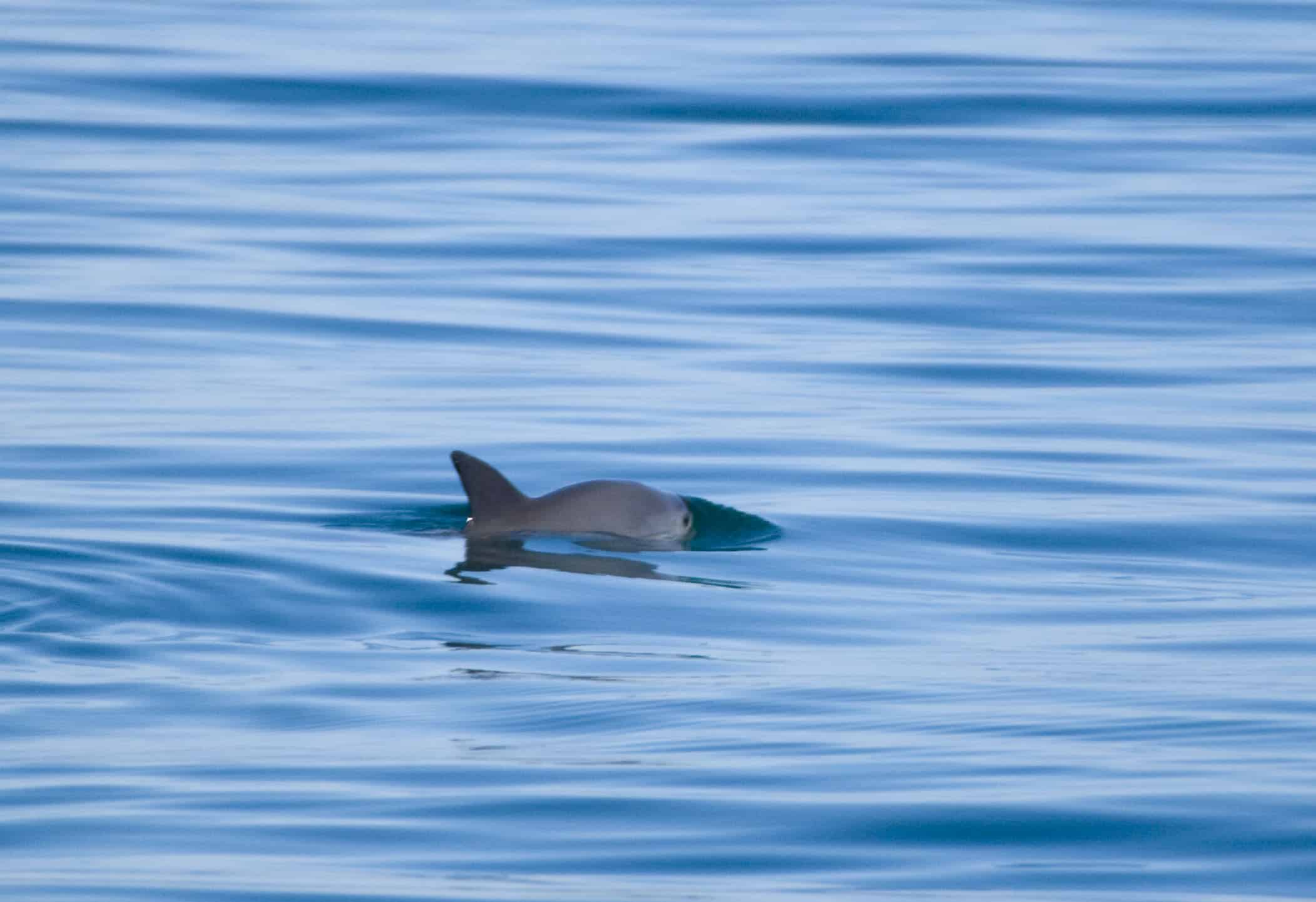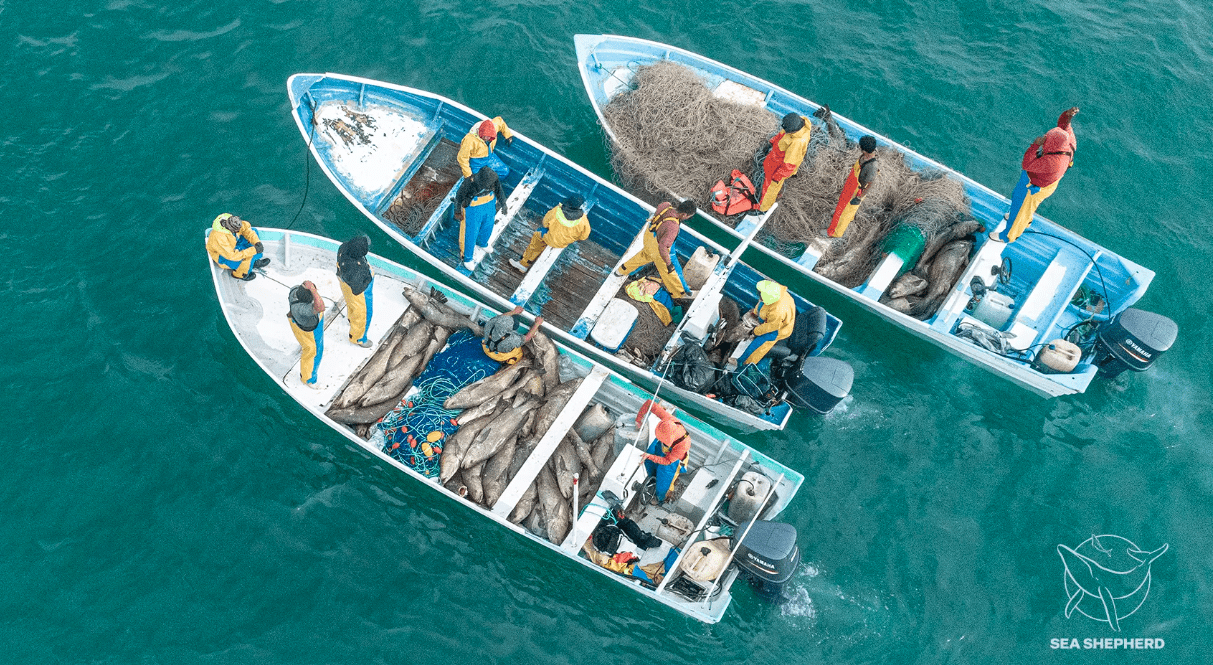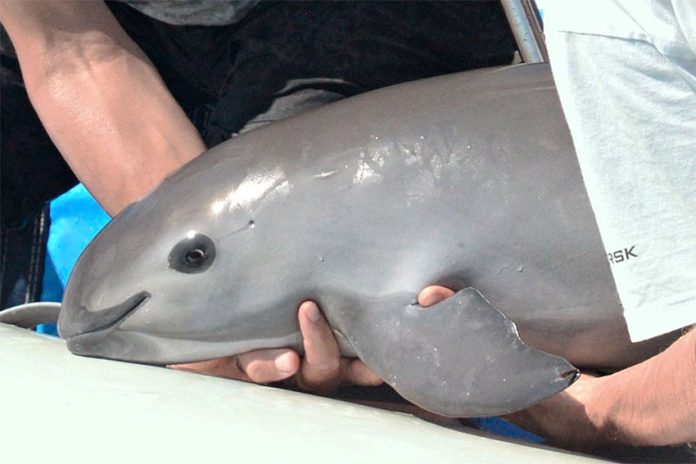The Secretariat to the Convention on International Trade in Endangered Species of Wild Flora and Fauna (CITES) sanctioned Mexico on Monday for its failure to protect the endangered vaquita porpoise.
The vaquita is native to the Gulf of California where it faces critical endangerment due to illegal fishing. The small porpoises are easily entangled in the gillnets used to catch the coveted totoaba fish, whose swim bladder is worth thousands of dollars on China’s black market.

In November 2022, CITES threatened to impose sanctions on Mexico if the government did not develop an effective conservation strategy to protect the vaquita. Mexico presented a draft action plan to the secretariat on Feb. 9, which was returned on Feb. 16 with further recommendations. Mexico’s final plan, issued on Feb. 27, was dismissed as inadequate.
The new sanctions will block the export of wildlife products to 184 member countries of the convention. Mexico has been a party to CITES since 1991.
“CITES acknowledges the efforts made by Mexico, but, after careful examination, concludes that the action plan is not adequate,” the organization said in its resolution, which entered into force immediately after its publication on Monday.
The action plan was rejected due to “the lack of key elements such as clear deadlines for the application and achievement of different stages of the plan, with corresponding milestones.”

The secretariat recommends the suspension of all commercial exchanges with Mexico of specimens and species listed in the CITES appendices. Currently, the appendices include about 3,150 species of animals and plants, many of which Mexico exports.
“These include lucrative products such as crocodile skin, mahogany, tarantulas, domestic reptiles, cacti, and other plants,” the resolution indicated.
“While no one relishes financially painful sanctions, all other efforts to pressure Mexico have not been enough,” said Sarah Uhlemann, the international program director at the Center for Biological Diversity. “The strongest possible measures are needed to wake up the Mexican government and ask that it finally save the porpoise from extinction.”
CITES has long urged Mexico to increase enforcement and remove fishing nets from the vaquita’s habitat. Despite existing initiatives, such as a partnership with the organization Sea Shepherd, which supports efforts to protect the vaquita, CITES and other environmental organizations argue that current efforts are not enough to protect the species.

“Mexico rightly faces consequences for not controlling the illegal fishing causing the vaquita’s extinction,” said Zak Smith of the Natural Resources Defense Council. “Broad sanctions are appropriate and should be maintained until Mexico shows results.”
The Mexican government announced that it sent a delegation to Geneva, Switzerland, where CITES is based, to meet with representatives and discuss Mexico’s progress toward protecting the vaquita. The secretariat stressed that it will collaborate with the Mexican government in the future to improve its action plan.
With reports from Milenio and the Center for Biological Diversity
